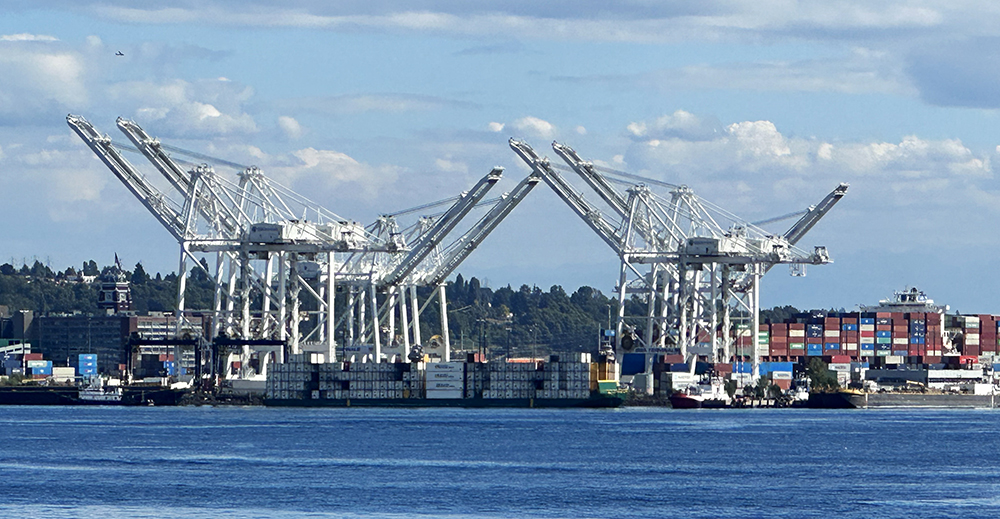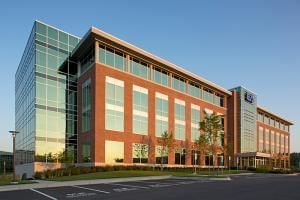Client: Port of Seattle
Location: Seattle, Washington

Under an on-call sustainability and restoration contract, EA led a team that has provided the port with a host of services focused on mitigating and adapting to climate change. Work has involved:
- Conducting greenhouse gas (GHG) and air pollutant emissions inventory, planning, accounting, and reporting
- Preparing the Port’s Maritime Climate and Air Action Plan
- Supporting Port staff for the 2020 Northwest Ports Clean Air Strategy update
- Preparation of a solid waste management plan and audits
- Handling and management of contaminated soils during construction
- Underground Storage Tank compliance support
- Hazardous materials management
- Regulatory negotiations.
Maritime Climate and Air Action Plan (MCAAP) is a comprehensive plan to address climate change and air pollution from maritime sources. It charts the course to achieve the Port’s Century Agenda GHG reduction targets and implement the 2020 Northwest Ports Clean Air Strategy vision to phase out emissions from seaport-related sources by 2050. Port of Seattle Commission adopted Resolution No. 3792 to adopt the MCAAP on November 16, 2021
Our team assisted the Port in developing the MCAAP to address seaport-related GHG sources encompassing mobility, buildings and energy, and waste and recycling. GHG inventories were completed for multiple years to quantify needed reductions, which were then benchmarked with other municipalities and ports. The plan covers sources related to administrative operations, such as energy used in port buildings, fuel used in fleet vehicles and equipment, and emissions associated with employee commuting and solid waste disposal. It also addresses air pollutant and GHG emissions sources from maritime tenants, including cruise sailings, grain terminal operations, commercial fishing, and recreational marinas. The plan also encompasses the future carbon sequestration potential of the port’s shoreline and habitat restoration programs.
The MCAAP identifies more than 40 potential strategies and proposed monitoring and reporting actions. Recommended practices and procedures for sustainable building design and construction are in development. Performance metrics and targets will be documented for maritime, cross-sector, and waterside activities and include preliminary cost estimates, roles and responsibilities, prioritization, engagement, and an accountability framework.
